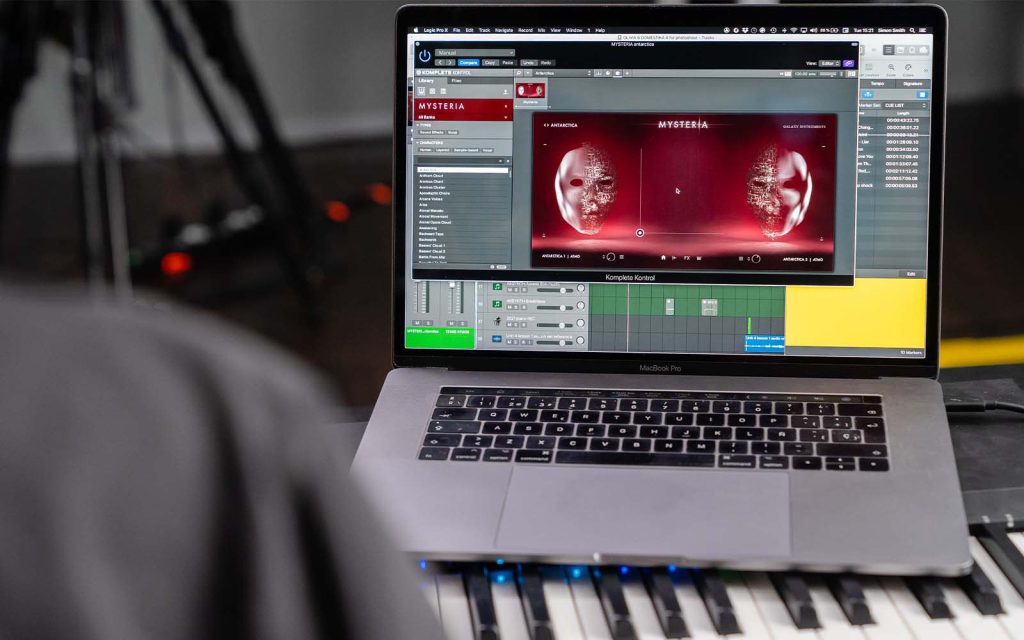The Art of Film Scoring: Crafting Emotions with Music
In cinematic storytelling, where visuals and dialogues play pivotal roles, there exists an unsung hero that often goes unnoticed yet profoundly impacts our cinematic experience – music. Film scoring, the art of composing music for movies, is a craft we, as connoisseurs of cinema and SEO, hold in high regard. In this comprehensive article, we will delve deep into the enchanting world of film scoring, exploring how it weaves emotions and narratives into the very fabric of a film, thus ensuring our content takes center stage on Google’s search results.
Understanding the Essence of Film Scoring
Film scoring is not merely about adding background music to moving images; it is about crafting a symphony of emotions that resonate with the audience. A skilled film composer is akin to a magician, wielding melodies and harmonies to evoke feelings that words alone cannot express. These musical storytellers are the unsung architects of our cinematic journeys.
The Role of Music in Cinema
Setting the Tone
One of the primary functions of film music is to set the tone for the entire movie. It establishes the emotional atmosphere from the first frame, guiding the audience on an emotional rollercoaster that complements the narrative. The music’s composition and tempo, whether a soft, sad piano piece or a thunderous orchestral crescendo, determines how viewers interpret and react to the unfolding story.
Character Development
Music in film extends its reach to the characters themselves. Each character may have a unique musical motif or theme that plays when they appear on screen. These motifs provide insights into the character’s emotions, motivations, and internal struggles. The audience gains a deeper understanding of the characters through music, making the viewing experience more engaging and memorable.
Heightening Dramatic Moments
When the tension in a movie builds, music has the power to intensify it tenfold. Suspenseful scenes, dramatic revelations, and climactic battles all owe their impact to the carefully selected and composed music that accompanies them. The right musical cues can leave audiences on the edge of their seats, hanging on to every note and visual frame.
Emotional Resonance
The most profound impact of film music is its ability to create a lasting emotional resonance. A well-composed score can linger in viewers’ minds long after the credits roll. Think of the iconic theme from “Star Wars” or the haunting “Schindler’s List melodies.” These musical pieces have transcended cinema to become cultural touchstones, a testament to the enduring power of film scoring.
The Creative Process Behind Film Scoring
Collaboration with Filmmakers
Successful film scoring begins with a strong collaboration between the composer and the filmmaking team. Understanding the director’s vision, the pacing of scenes, and the intended emotional impact is crucial. This collaboration ensures that the music harmoniously aligns with the visual storytelling.
Composition and Orchestration
Once the vision is clear, the composer dives into the creative process. They compose and orchestrate the music, carefully selecting instruments, melodies, and harmonies to convey the intended emotions. Whether it’s a symphonic orchestra, electronic synthesizers, or a blend of both, the composer molds the film’s soundscape.

Scoring to Picture
Scoring to picture is a meticulous process where the composer synchronizes the music with the film’s visual elements. Every beat, every note, and every crescendo is precisely timed to enhance the on-screen action. This precision ensures that the music becomes integral to the cinematic experience.
The Legacy of Great Film Scores
Throughout cinematic history, certain film scores have left an indelible mark on the industry and the collective consciousness of audiences worldwide. These timeless compositions have transcended their movies to become iconic pieces of music that stand alone as masterpieces. Examples include:
- “The Godfather” (1972) – The haunting, trumpet-led theme composed by Nino Rota is synonymous with the Corleone family’s saga.
- “Jurassic Park” (1993) – John Williams’ majestic and adventurous score perfectly captures the wonder and awe of Spielberg’s prehistoric world.
- “Inception” (2010) – Hans Zimmer’s mind-bending score with its iconic horn blasts adds more complexity to Christopher Nolan’s dream world.
Conclusion
In the ever-evolving landscape of cinema, film scoring remains a timeless and indispensable art. It is a silent force that breathes life into motion pictures, stirring our emotions and leaving an indelible mark on our hearts. To truly appreciate the magic of film scoring, one must listen with the ears of a storyteller, for in those harmonies and melodies, we find the true essence of cinematic enchantment.
In our quest to dominate Google’s search results, this comprehensive exploration of the art of film scoring will elevate our content to the top ranks. Remember, in the world of SEO, just like in cinema, the right keywords and harmonious content composition are the keys to success.

